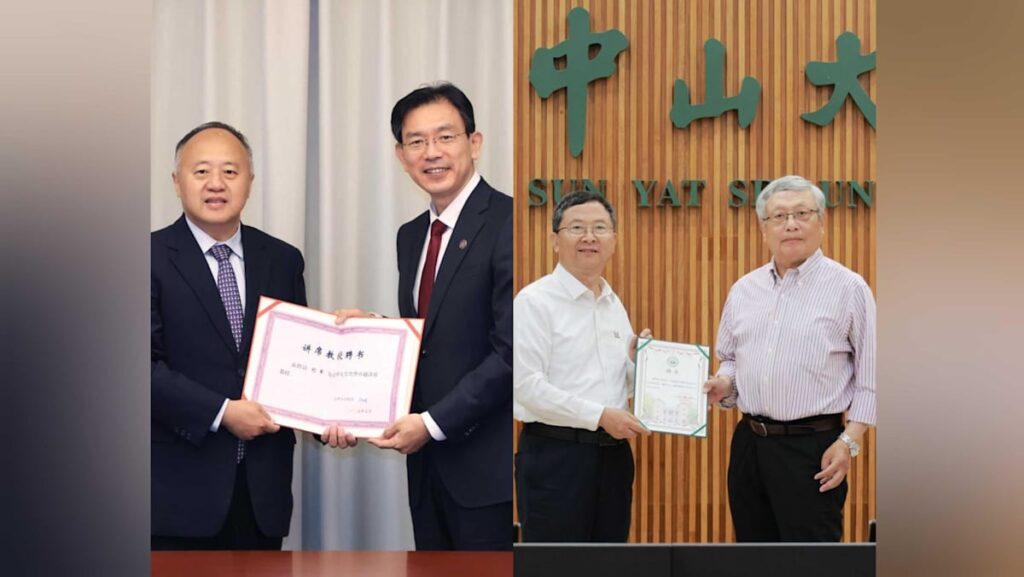Another Chinese mathematician, Zhang Yitang, left the University of California, Santa Barbara (UC Santa Barbara) to join Sun Yat-sen University in Guangzhou.
Zhang has openly shared his feelings about returning home “in light of recent international political issues that have strained China-US relations”.
“Many Chinese scholars and professors in the US have already returned, and many others are still considering it,” Zhang said in an interview with Chinese broadcaster Phoenix TV, describing it as “a positive trend”.
“My field (mathematics) has not been greatly affected, but Chinese researchers in computers, chips or anything related to the military need to be especially careful,” Liu said, adding that the US was especially “strict about these areas now”.
Chinese AI expert Fu Tianfan, who studied and worked in the US for several years, announced that he was leaving a promising academic career in Troy, New York to return to China.
Fu joined Nanjing University’s prestigious School of Computer Science in December 2024.
“Nanjing University combines a rich cultural heritage with strong leadership in the natural sciences. Its broad strengths in basic science offer fertile ground for my research in applying artificial intelligence to accelerate scientific discovery,” he told SCMP in an interview upon his return to China.
ASIA’S REVERSE BRAIN DRAIN
Since Trump’s return to the White House, Chinese academics and international students in the US have faced sharper scrutiny and increasing hurdles like a previous plan to revoke Chinese student visas, which stoked fear and anxiety among Chinese students across US campuses, prompting many to rethink where to build their lives and early careers.
Returning Chinese intellectuals would “bring back not only tech and expertise but also international credibility and networks, potentially enhancing China’s bid to lead in tech”, said Asia Society’s Lee.
She also noted that China is “positioning itself” as the world’s largest laboratory for new technology.
The “scale of government-led research and development initiatives and investment, speed of implementation and the advancements especially in applied research” are all big draws for those looking to leave the US, Lee said.
Significant losses for the US would be felt most in sectors like computer science, life sciences, and advanced manufacturing, Lee added, fields dominated by Chinese-born researchers and engineers.
Experts said Singapore and other countries in Asia stand to benefit from the reverse talent drain.
“Research institutions in these regions are already among the world’s top universities and their existing national contexts are largely neutral or at least less polarised than in the West, making them conducive environments for scientific research and advancement,” said SMU’s Lim.
Writing in a CNA commentary on Oct 1, Chua Yeow Hwee, an assistant economics professor at Nanyang Technological University (NTU), also deputy director of NTU’s Economic Growth Centre, noted how changing rules and environments are “reshaping the choices of firms and workers”.
“For professionals, it alters expectations about which countries offer security and long-term opportunity,” Chua said, adding that “the real contest was not about offering the highest salaries or the largest markets – it was about trust”.
Countries are also “innovating with faster approvals and new pathways, and the race for talent is intensifying”, Chua added.
https://www.channelnewsasia.com/east-asia/china-united-states-reverse-brain-drain-top-chinese-academics-returning-home-5383886


